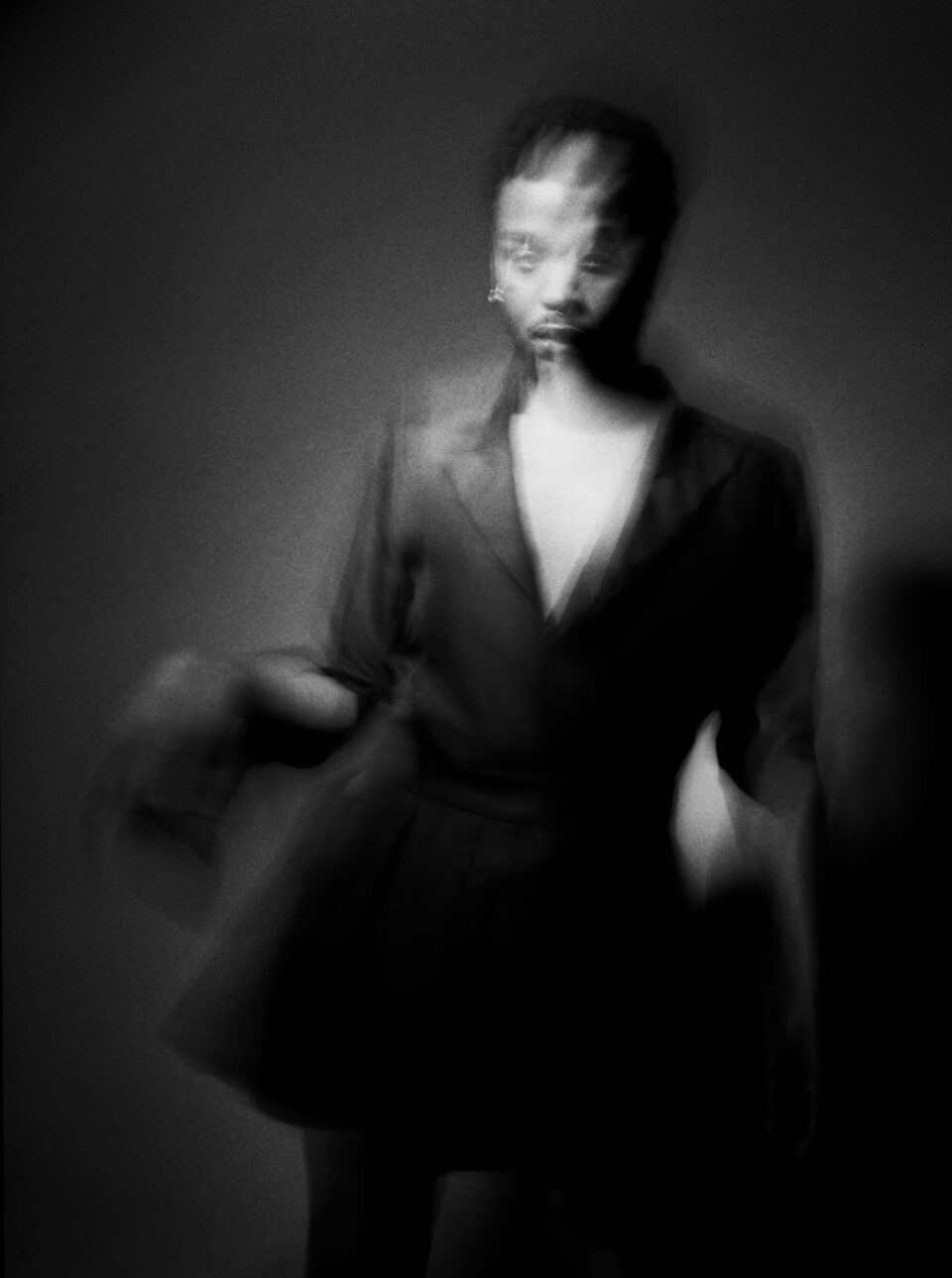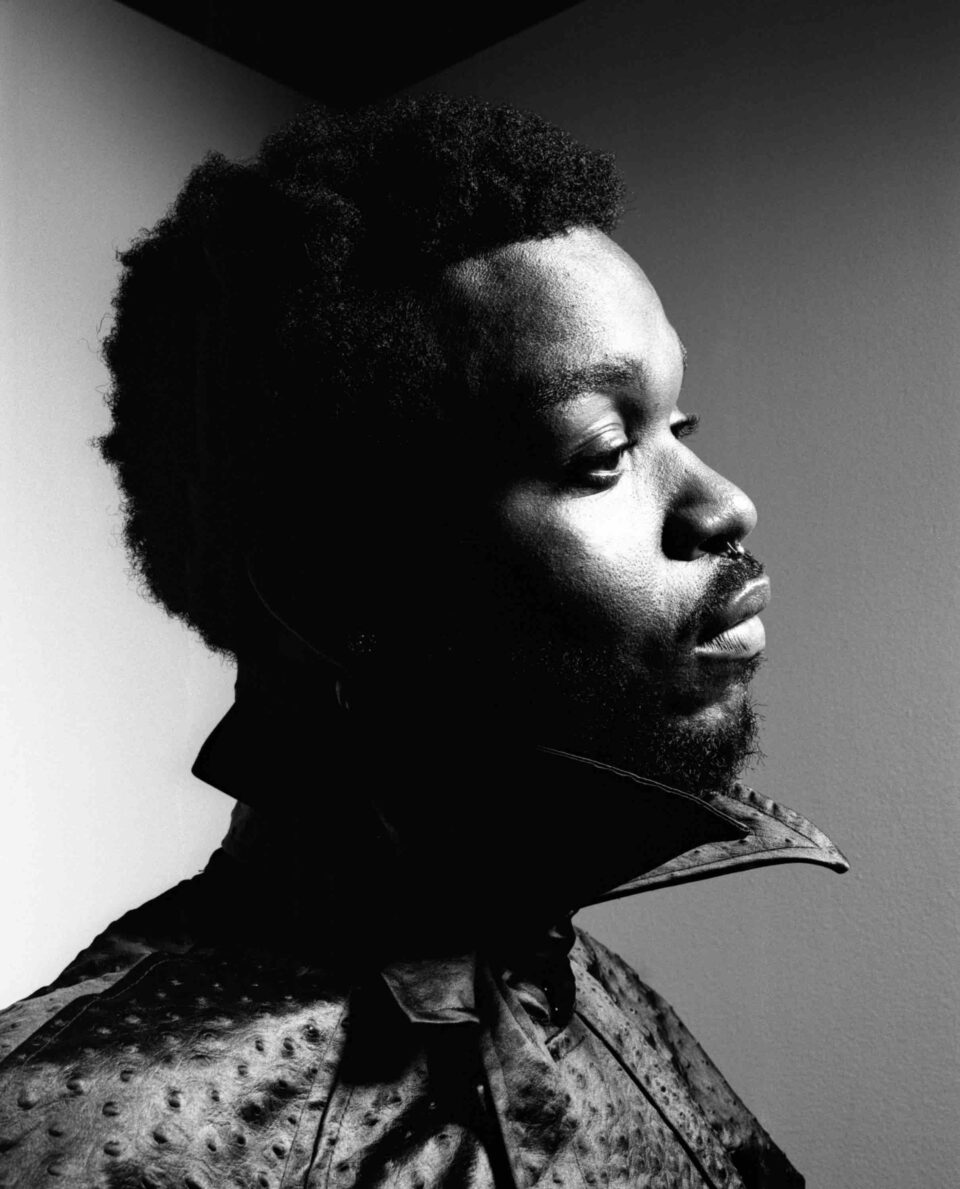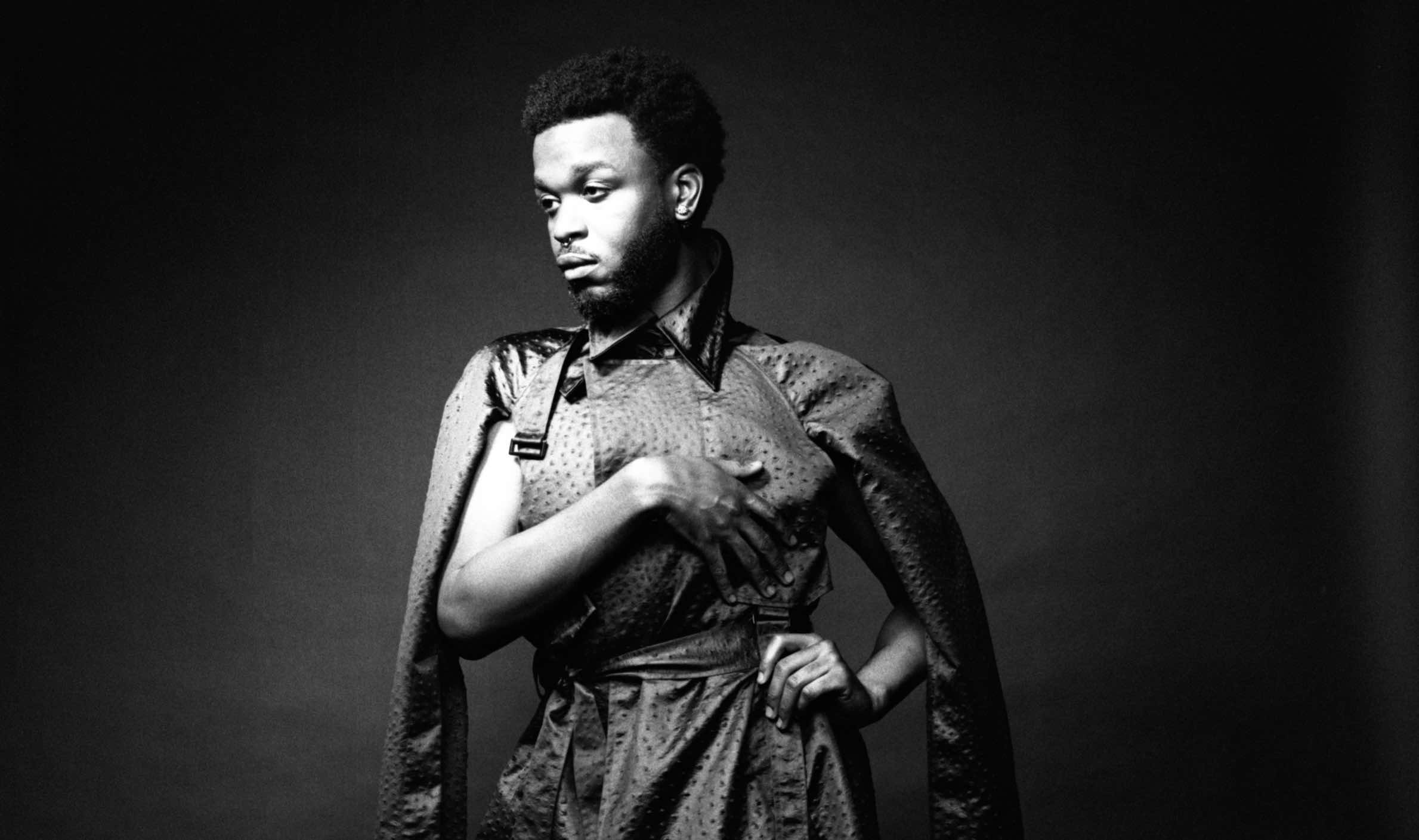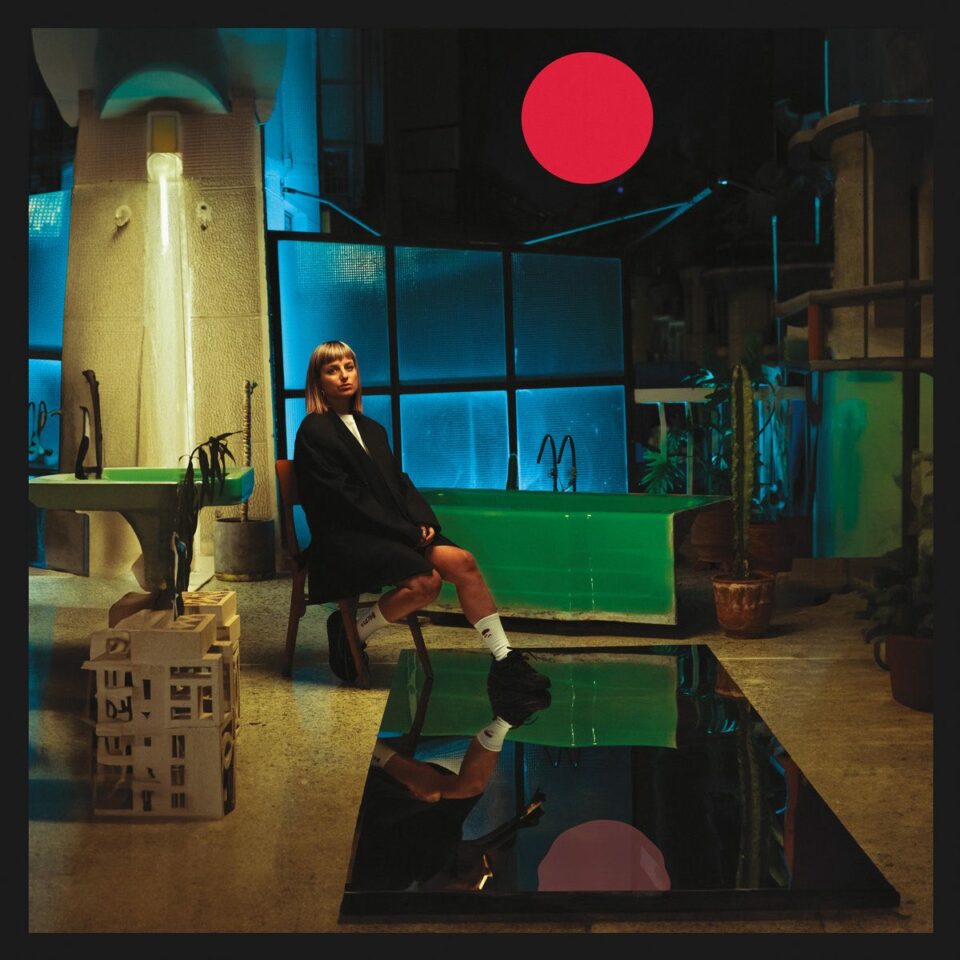Cakes da Killa understands the importance of a break. Promoting his new album Svengali and maintaining his online presence are two full-time jobs, but the New Jersey artist knows that there’s more to life than music and social media. That’s why he explores his interpersonal relationships as well as his relationship with his career throughout his third collection of hip-house tunes, an up-tempo romp replete with dramatic sonic and thematic turns.
As he continues his career, Cakes is also cognizant of how quickly things evolve—and the need to stay in step with the pulse of the people. In our Q&A, he discusses the power of Black Twitter, the dual reality of Svengali, and his affinity for Busta Rhymes.
On Svengali, was “W4TN” inspired by the Rampage song “Wild for da Night” with Busta Rhymes? If so, what about that song resonated with you?
Of course, yeah. I definitely always loved the song, being a huge Busta Rhymes fan and a fan of that era in music. What inspired me to flip it was that a producer had made an edit of it. He sped it up and it went crazy in the club. I felt like, “Oh, this would be really, really good,” because the original was really slow.
On the title track, you talk about someone “touching me, but are you feeling me?” As we get into relationships, we try to figure out people’s motives and intentions. Why was that something that you wanted to explore on “Svengali”?
The whole album is about a breakup, or just a relationship. I don’t know if you’re single, but it’s hard out here for a pimp, basically…
“The whole album is about love and maneuvering as a twentysomething-year-old. But as the other side of that, it’s a metaphor for music, because I feel like a lot of times with my career I was almost gonna break, but then it didn’t really happen.”
I’m married.
So you’re out of the game? OK, good. I’m trying to be on your level. Basically, the whole album is about love and maneuvering as a twentysomething-year-old. But as the other side of that, it’s a metaphor for music, because I feel like a lot of times with my career I was almost gonna break, but then it didn’t really happen. So it’s a play on that. Like, it’s about a lover, but it’s also about fans and just music in general.
How do you find that pursuing success or what you’re trying to get out of music is similar to pursuing a relationship?
The root of it all is that I love both. Even in a relationship now, my career comes first because that’s kind of like my baby. They kind of have parallels. It just sucks because one definitely [has to come] first.
When did you decide that that was going to be the case for you?
I don’t think I decided, I think it was decided for me. The career that I fell into was very demanding, and it kind of takes up all your time, especially with social media being such a marketing tool. People wanna know everything: what toothpaste I use. Am I vegan? Who I’m fucking. It becomes a 24/7 operation.

Knowing all that, how do you decide when and how to turn it off and go off the grid for a minute?
It’s definitely a balance. I have my moments when I shut that down or focus on other things. But what I also realize about me is that I’m a workaholic. I may not be writing a song, but I’ll be working on a short film or doing something else creative. So for me, I have to be doing something. It’s just that the music sometimes could be a little toxic.
In what ways?
Have you been on Black Twitter? [Laughs.] That goes without being said. I mean, how much time do we have?
“I think Twitter and social media in general kind of dictate what happens in music… I feel like the voices on social media are now dictating what’s right and what’s wrong.”
That’s not the music, though. That’s people talking about the music.
I think Black Twitter is the music, to be honest. ’Cause I think Twitter and social media in general kind of dictate what happens in music. I was just thinking about this the other day. There were so many gatekeepers when I first came out making music that had so much to say on the purity or the sanctity of hip-hop that I feel are so quiet now when you see a lot of these hip-hop stars rise to fame that I feel like don’t respect or have a passion for the art form. I think that that’s just because you have Twitter. I do feel like the voices on social media are now dictating what’s right and what’s wrong.
It’s always been intriguing to me why those people feel that they have all this power—which they don’t, on the one hand, but to your point, they ultimately do.
It’s the consumer. Without them, there’d be none of us. I think they’re just finally getting hip to the fact that because they’re the ones actually pumping money into the system, their say actually matters. It’s not like when I was growing up in the ’90s where you had to wait once a month to get a magazine, or you had to wait to get to see a music video to see what was going on. Now these things are happening in real time. Look at Twitter getting movies shut down when photos leak from on-set. People are taking their power as humans and using it for good and for bad.

I do wonder about the benefit of gatekeepers in the sense that they kept a lot of lesser-caliber artists out of the business in a way that we don’t have now because there were limited opportunities. So it’s kind of the lesser of the two evils, I guess.
Right, but that’s most things in life. There can be two truths happening at the same time. I can’t really shit too much on social media and the platforms that are available now because if those platforms weren’t available, I wouldn’t be having this conversation with you right now. On the other hand, now it’s so accessible that it’s become harder to be known. Thank God I started making music when the door was just opening, but now the shit is off the hinges completely.
I think it’s important that people are able to take up their own space and have their voice heard, because gatekeepers were preventing so many people [from having opportunities]. But now everybody is talking and it’s like there’s no people actually able to establish themselves, because the turnover time for artists is every three weeks. FL









